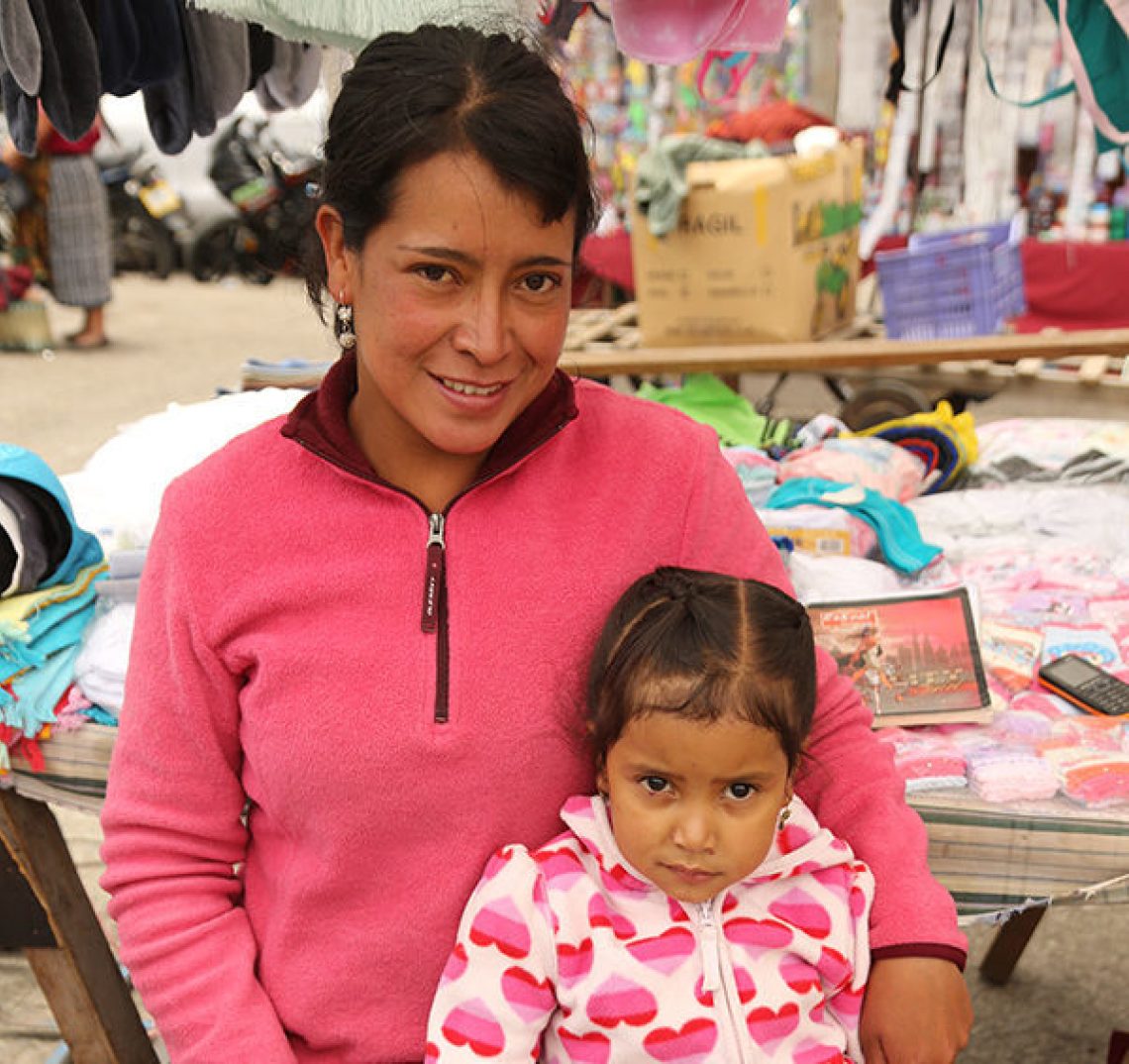Make your 2X MATCHED gift today!
This week only: Every $1 will be matched with $2 to enable women worldwide.
This week only: Every $1 will be matched with $2 to enable women worldwide.
Posted on 09/23/2021

We met Teresa in El Salvador in the winter of 2019. She was a participant in a focus group discussion in which we sought to understand the relationship between women’s involvement in microfinance and the impact of income shocks on their families. She was emotional, sharing her anguish over her husband’s illness and how she took the risk of taking out a loan to manage his medical care. Along with the other women in her group, when they discussed income, they had a well-worn phrase to hand - “Coyol quebrado, coyol comido” – which alludes to a particular fruit with a hard shell, that when broken, is eaten right away and nothing is saved. This is their cash flow and expenses; earned income is always fully accounted for and used immediately, leaving no room for emergencies. In English, this might be called ‘hand-to-mouth’.
In 2019, with a grant from the US Department of Labor’s Bureau of International Labor Affairs, Grameen Foundation and the American Bar Association Rule of Law Initiative joined forces for the Reducing Incidence of Child labor and Harmful conditions of work in Economic Strengthening initiatives (RICHES) project, with the goal to develop a toolkit for women’s economic empowerment actors such as financial services providers (FSPs) to integrate child labor and business safety into FSP products, services and programming. RICHES started out with a year-long pre-situational analysis, which consisted of a robust global desk review and field research in the Philippines and El Salvador. The evidence was growing that, as women start or grow a business, they will turn to their children for help—either to work in the business as a trusted and unpaid “employee”, or to offset the caretaking and household chores at home. But what also became clear was the primary reason most households resort to child labor - health shocks. Health shocks are also a key contributor to business failure as well as FSP client drop-out or repayment problems.
Read the full article on European Microfinance Platform
Funding is provided by the United States Department of Labor under cooperative agreement number IL-31469. 100% percentage of the total costs of the project or program is financed with federal funds, for a total of $1,872,000 dollars. This material does not necessarily reflect the views or policies of the United States Department of Labor, nor does mention of trade names, commercial products, or organizations imply endorsement by the United States Government.